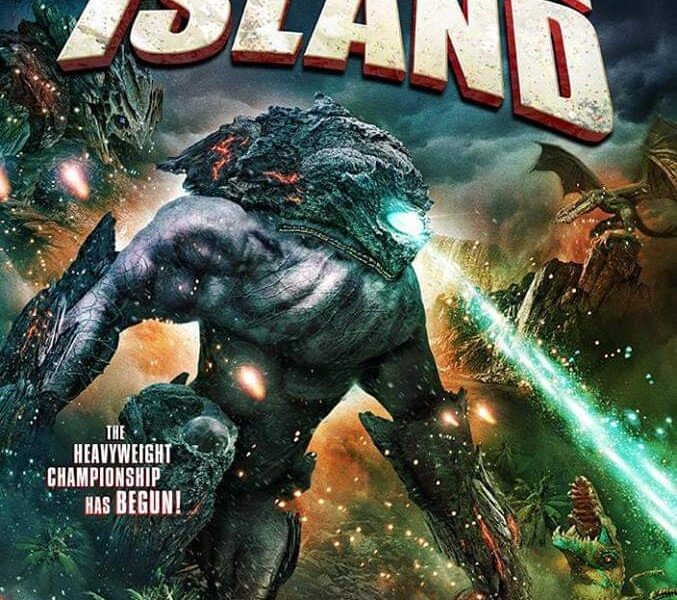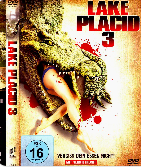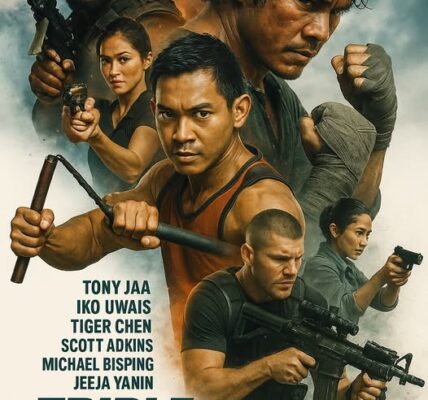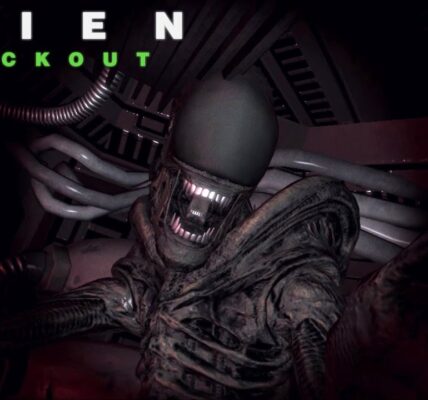1. Plot Summary
Set in the Pacific during 1942, a Japanese POW ship carrying Saito—a disgraced soldier—and British POW Bronson is torpedoed. The two survive only to wash ashore a deserted island, chained together by fate. As their initial mutual distrust gives way to grudging cooperation, they come face-to-face with the island’s guardian: a bloody Orang Ikan, a mythological amphibian predator. To survive, they must put aside national loyalties and unite against a shared threat.
2. Notable Elements
-
World-Building & Atmosphere: The film opens in a claustrophobic POW ship—a haunting set piece that transitions into fog‑shrouded jungles and makeshift lean‑tos. The blend of soundstage and on-location filming evokes wartime tension and isolation.
-
Creature Effects & Practical Design: The Orang Ikan is rendered via practical effects—a nod to classic monster films. The suit moves with weight and menace, particularly in low-light frames that echo Creature from the Black Lagoon.
-
Character Dynamics: A language barrier exists, but performances transcend it. Fujioka and Woodhouse effectively convey shifting emotions—resentment, fear, respect—through body language and sparse dialogue.
-
Efficient Pacing: At just over 80 minutes, the film moves briskly toward its climax with minimal downtime. Though some criticize the editing (especially early war scenes), the momentum remains strong.
3. Themes & Messages
-
Enemies United: The central conflict—two wartime enemies bound by chain and circumstance—becomes a metaphor for humanity transcending hostility to survive.
-
Nature’s Retribution: The Orang Ikan is not a mindless monster—it defends its territory. The film subtly suggests that intrusion, not aggression, precipitates violence.
-
Minimalism as Power: With limited dialogue, the story relies on visual storytelling and atmospheric tension, embracing the strengths of old-school genre filmmaking.
Advertisement
4. Personal Impressions
✔️ What Works Well:
-
The practical monster effects and tactile visuals honor creature‑feature traditions, offering nostalgia with grit.
-
Performances by Fujioka and Woodhouse anchor the narrative with emotional clarity.
-
The short runtime keeps things tight and avoids filler.
⚠️ Where It Falters:
-
Narrative Depth: The script never fully explores themes like war guilt, trauma, or colonial tension beyond surface interactions. Some character motivations feel underdeveloped.
-
Editing Gaps: The initial vessel sequences are hurried, and some flashbacks or plot revisits feel redundant.
-
Creature Logic: The monster occasionally pauses awkwardly, defying the sense of an apex predator—a trope that drains tension.
5. Audience Recommendations
-
Great For:
-
Fans of nostalgic creature films with practical effects (think Predator, Shape of Water, Enemy Mine)
-
Viewers drawn to compact survival thrillers rooted in atmosphere rather than dialogue-heavy drama
-
Horror lovers who enjoy a historical twist and moral evolution
-
-
Not Ideal For:
-
Audiences seeking deep character studies or lengthy exposition
-
Those who prefer fast-paced modern CGI monsters and polished plots
-
6. Conclusion & Rating
Monster Island is a lean and effective homage to classic monster cinema—a wartime survival thriller with charm and grit. While not groundbreaking in scope, it delivers atmospheric tension, strong performances, and old-school creature thrills in a concise package.
Final Verdict: A satisfying shout-out to B-movie horror with period setting and practical flair.
⭐️⭐️⭐☆ 3.5 out of 5 stars
Watch more:




